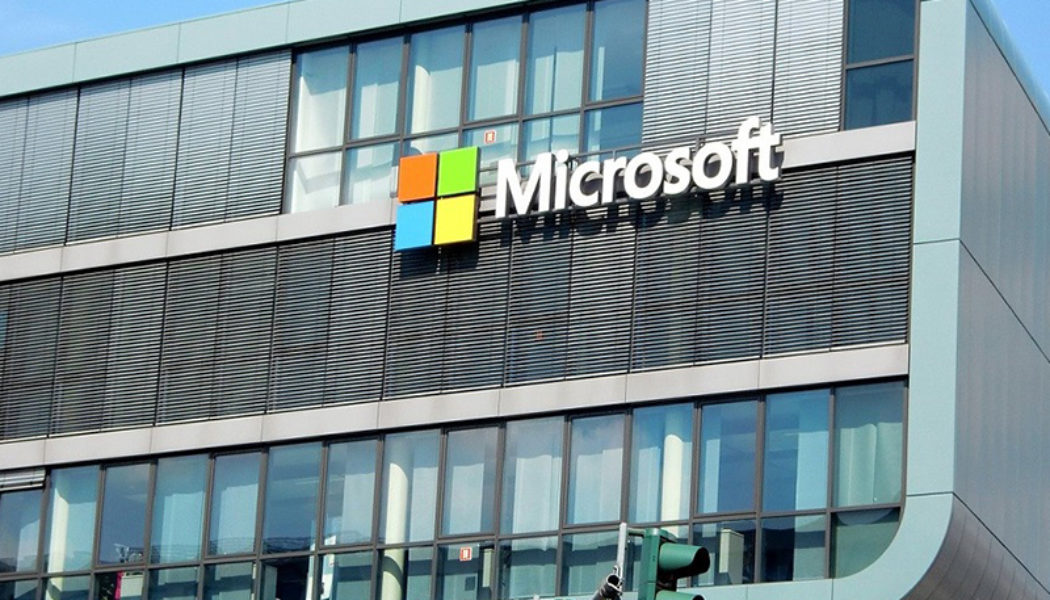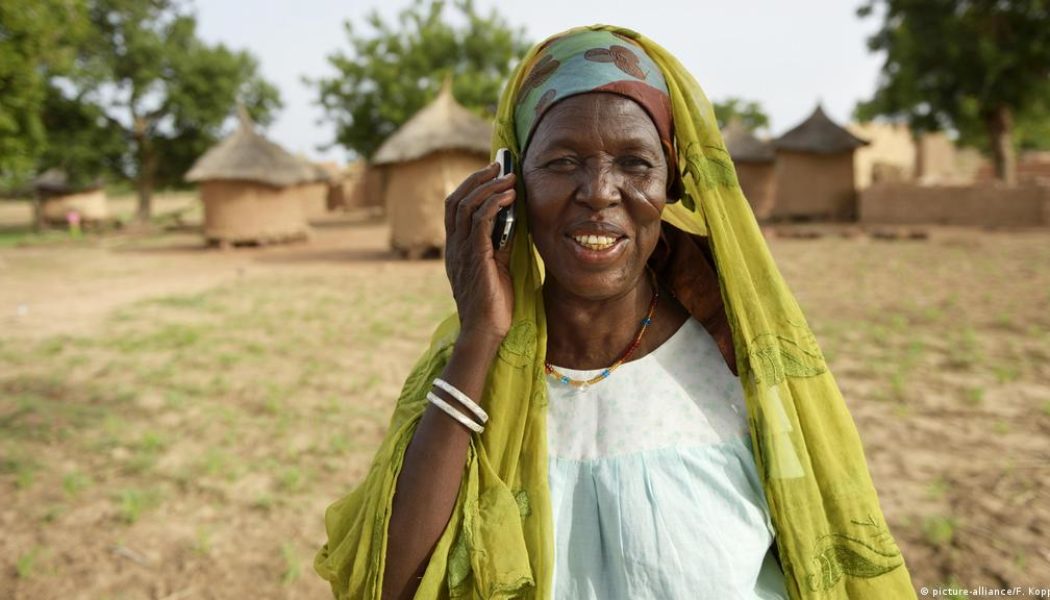Digital Transformation Africa
The Mindset Needed for a Successful Digital Transition
Digital transformation is not a new concept, and South African businesses have steadily evolved and increased their inclusion of digital tools over time, with a faster influx happening over the past three years. The adoption rate has accelerated due to the pandemic. Businesses were forced to adopt new ways of working, and digital transformation forms part of that. In some industries, readily available client options have increased as internet speed has also improved. But how do companies determine what kind of digital intervention is needed for their business and who to partner with? According to Ian Nel, Strategic Planning & Programs Director at Canon Southern Africa, it comes down to people, process and then technology. “Digital adoption starts with understanding the needs of the env...
How Mobile is Leading the Charge in Connecting Africa’s Unconnected
Kegan Peffer, CEO of tech startup Adoozy Power. Digital innovations are transforming every aspect of life on the African continent, from healthcare to agriculture; education to transit and logistics; from finance and commerce to media and entertainment. As Africa’s trailblazing fintech solutions have already proven, there’s limitless potential to solve intractable socio-economic problems; to leapfrog costly infrastructural development, and start providing services and products to non-consumers. All of this depends on connectivity. Mobile Connectivity in Africa According to the International Finance Corporation (IFC) of the World Bank more than 520 million Africans were connected to the internet by 2021, that’s 40% of all Africans, considerably less than global standards. Across the va...
There’s Only 1 Option Left for SA’s Transport Sector
Image sourced from MSI.org. The transport sector’s only option to keep up is through digitalisation, Gautrain Management Agency (GMA) COO Tshepo Kgobe told delegates attending the Huawei Connect 2021 Transportation Summit held in the midst of Transport Month in South Africa. This is as rapid population growth and increased urbanisation will continue to have significant impacts on South Africa’s transport infrastructure as freight and passenger transport demand rise. A GMA study conducted in 2019 found that by 2025 Gauteng’s roads would be so congested that traffic on the freeway would slow down to 10 kilometres an hour. This means that it will take four hours to travel from Pretoria to the city centre in Johannesburg. “The transport sector needs to heed the call for digitalisation within t...
How Tech Will Drive New Job Opportunities in South Africa
There is no doubt that the pandemic has accelerated most digitalisation trends, compressing what was expected to take years into months. And this has been applauded by the technology industry and business alike, with, for instance, even the most cloud-skeptical CEO appreciating technology’s ability to ensure business continuity as we rapidly shifted to a distributed workplace. But, when counterpointed with South Africa’s latest unemployment figures and sluggish GDP, it is not unexpected for people to have concerns over the impact of digitalisation on job availability. According to Statistics South Africa, unemployment rates in the first quarter of 2021 were at a record high of 32.6%, with a rate of a staggering 46.3% among people aged 15 to 34 years old. But the fact of the matter is digit...
Are Customers Still Connected to Your Business in this Digital World?
Image sourced from ITA Group. The way we communicate socially has changed, thanks to social media and mobile technology. For many, this has also translated to changes in the way we communicate professionally. Digital has removed the typical boundaries associated with geography and time zones, and people expect to be able to use new communication channels not only with their friends but with the businesses they interact with too. Businesses need to embrace these new digital channels, including instant messaging platforms like WhatsApp, so that they can continue to be connected to their customers in a digital world. Digital Transformation Drives Connectedness The increasing usage of and reliance on digital technologies brings a variety of changes in both business and society. As enterprises ...
How Digitisation Can Lead to Real Change in Africa’s Competition Laws
Digitisation has ushered in an era of hyper-connectivity, marked by disruptive digital platforms that operate on a global scale. A recent Baker McKenzie report – Competition in the Digital Economy – an African Perspective – shows that, in Africa, this dynamic evolution of markets presents an opportunity for competition regulators to drive structural transformation and development. To effectively achieve this, though, competition authorities need to balance the importance of upholding the regulatory process with the promotion of innovation and investment. Lerisha Naidu, Partner and Head of the Competition & Antirust Practice Group at Baker McKenzie in Johannesburg, explains that digital markets are characterised by, among other things, multi-sided platforms, large returns to s...
Cybersecurity Should Be a Top Priority for Africa’s Digital Transformation
Sourced from Travellers Cloud adoption in South Africa and many other African countries is accelerating, helped along by the COVID-19 workplace disruption, and the need to reduce costs, manage risk and scale, and become more competitive. There are many drivers behind digital transformation strategies and many decisions that need to be made, such as which public cloud to consume. However, this should be less urgent than addressing security concerns. As we continue to work with organisations in different industries spread across our diverse continent, cybersecurity and cyber risk are increasingly important considerations for the C-suite. Against the backdrop of high-profile security breaches and ransomware, addressing security weaknesses are a key part of the success of digital transformatio...























